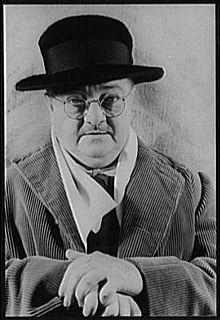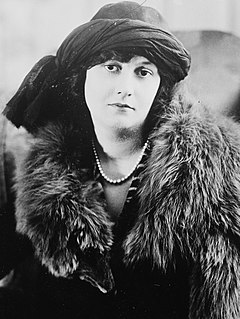A Quote by Deb Caletti
Each story, good and bad, short or long-from that trip to the mall when you saw Santa, to a long, bad illness-they are all a line or a paragraph in our own life manuscript. Two thirds of the way through, even, and it all won't necessarily make sense, but at the end there'll be a beautiful whole, where every sentence of every chapter fits.
Related Quotes
Great brands are like great stories. And every story has a beginning, a middle, and an end. And our job is to make sure that every chapter of our stories makes sense to the one in front of it and make sense to the one after it. There is no such thing as an overnight success. You have to get up and put your work boots on every single day.
The secret of good writing is to strip every sentence to its cleanest components. Every word that serves no function, every long word that could be a short word, every adverb that carries the same meaning that’s already in the verb, every passive construction that leaves the reader unsure of who is doing what—these are the thousand and one adulterants that weaken the strength of a sentence. And they usually occur in proportion to the education and rank.
I try to get a feeling of what's going on in the story before I put it down on paper, but actually most of this breaking-in period is one long, fantastic daydream, in which I think about anything but the work at hand. I can't turn out slews of stuff each day. I wish I could. I seem to have some neurotic need to perfect each paragraph?each sentence, even?as I go along.
Nobody wants to admit to this, but bad things will keep on happening. Maybe that's beause it's all a chain, and a long time ago someone did the first bad thing, and that led someone else to do another bad thing, and so on. You know, like that game where you whisper a sentence into someone's ear, and that person whispers it to someone else, and it all comes out wrong in the end. But then again, maybe bad things happen because it's the only way we can keep remembering what good is supposed to look like.
What is easy to read has been difficult to write. The labour of writing and rewriting, correcting and recorrecting, is the due exacted by every good book from its author, even if he knows from the beginning exactly what he wants to say. A limpid style is invariably the result of hard labour, and the easily flowing connection of sentence with sentence and paragraph with paragraph has always been won by the sweat of the brow.
I don't think it's a bad thing to play a character that's not necessarily a super-woman. Even if the character is a little bit stereotypical, as long as the whole story is good and positive, or makes some sort of important statement, I think it's okay. But, on the whole, you can't just do that, especially as a black woman. It's more of a responsibility. You've gotta let the world see black women being successful, strong, smart, with power and who are self-possessed.





































